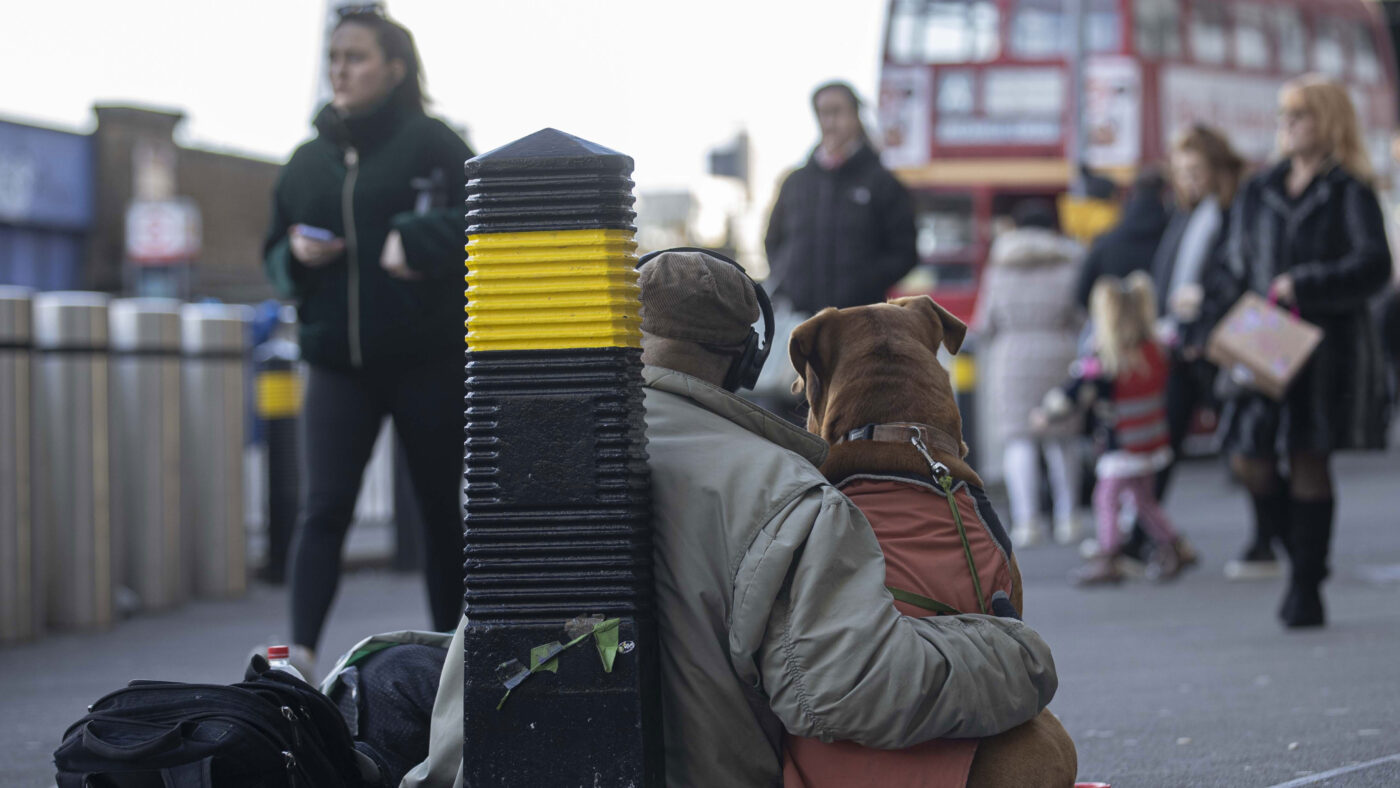In the UK, we have tended to treat rough sleeping as being solely an accommodation problem. Ostensibly it is, in that we would prefer rough sleepers to be spending their nights indoors and in safety. Most of them would probably prefer this themselves. However, it is not just a housing issue, but a medical one.
Research from the National Audit Office points to three factors that create this problem. A very high proportion, perhaps 80-90%, of those who have had their needs assessed face one or more of three problems. They are prone to drug addiction, alcohol addiction or some degree of mental illness. Attempts made to address and alleviate these problems so that those afflicted can be housed into secure accommodation face a major difficulty – how to resolve these problems when those suffering from them are sleeping rough on the streets, parks or shop doorways.
A possible solution comes from Finland and its ‘Housing First’ approach. It recognises that people afflicted by these problems need expert help from medical and psychological therapists. Instead of trying to resolve their problems so they can then be housed, the Finns have done it the other way round. The rough sleepers are housed first, and in circumstances conducive to the sympathetic treatment of their issues.
Purpose-built or adapted blocks are designed so they can be given their own personal space in indoor safety, with physical and mental health support on hand to assist them. These support services stand a better chance of addressing the needs of their patients than they would if they were sleeping rough.
It costs money up front to take this approach, but much of that can be later recouped because there is less need either for costly emergency services, or for involving the criminal justice system. The accommodation is rent-free for those who cannot afford to pay, but those who progress sufficiently to get a job pay rent according to their earnings. This gives them a certain dignity and self-confidence as they return to normal life.
Finland has been doing this for 18 years, and with remarkable success. So, is there something unique about Finland that makes it more likely to work there than elsewhere? A few limited and small-scale experiments in the UK suggest not. When rough sleepers were housed in block-booked hotel accommodation during the pandemic, charities reported a resulting improvement in their physical and mental health.
Housing First should become a national policy in the UK, with surplus office blocks and unwanted retail space converted into suitable accommodation, and given an opt-out from the often tortuous process of securing planning permission for a change of use.
As in Finland, these facilities should have on-site medical and psychological facilities and staff to treat alcohol and drug addiction and mental illnesses. The aim should be to offer street sleepers accommodation in which they can be safe and secure, not exposed to the elements or the criminality they might face on the streets.
Many visitors to Britain are reportedly shocked by the numbers of those they see sleeping rough on the streets or in shop doorways. The failure to help these people does not reflect well on the UK, especially when Finland has shown how this situation can be resolved with compassion, ingenuity and determination. We should do the same.
Click here to subscribe to our daily briefing – the best pieces from CapX and across the web.
CapX depends on the generosity of its readers. If you value what we do, please consider making a donation.


